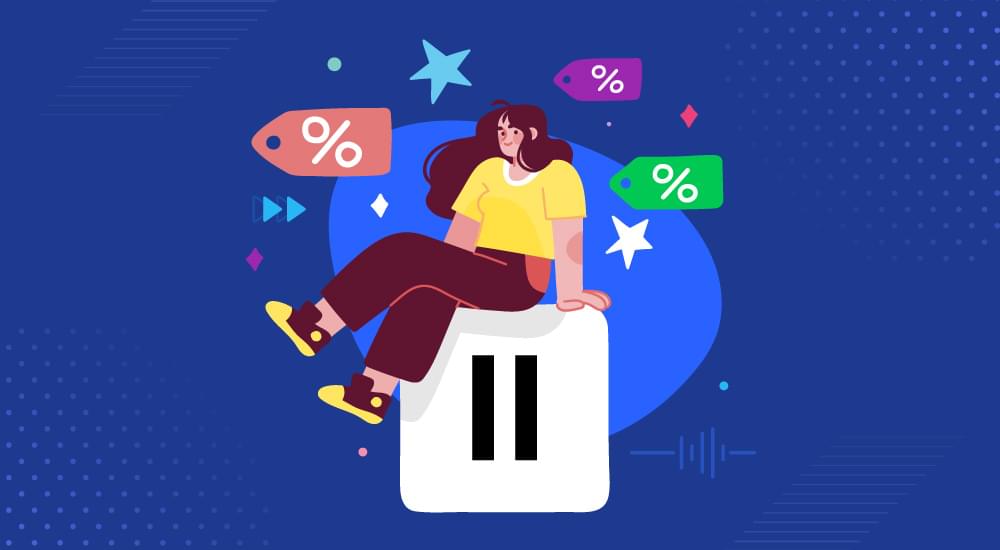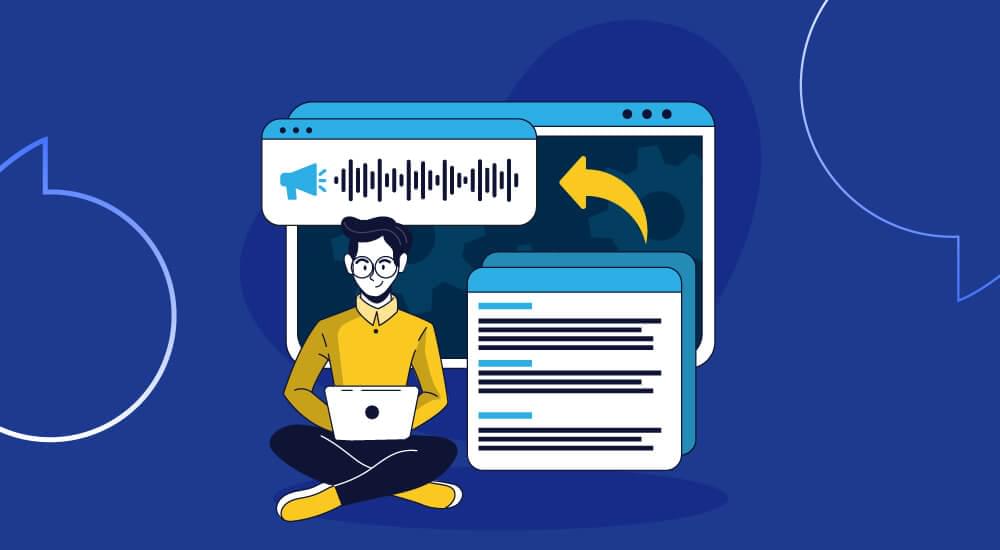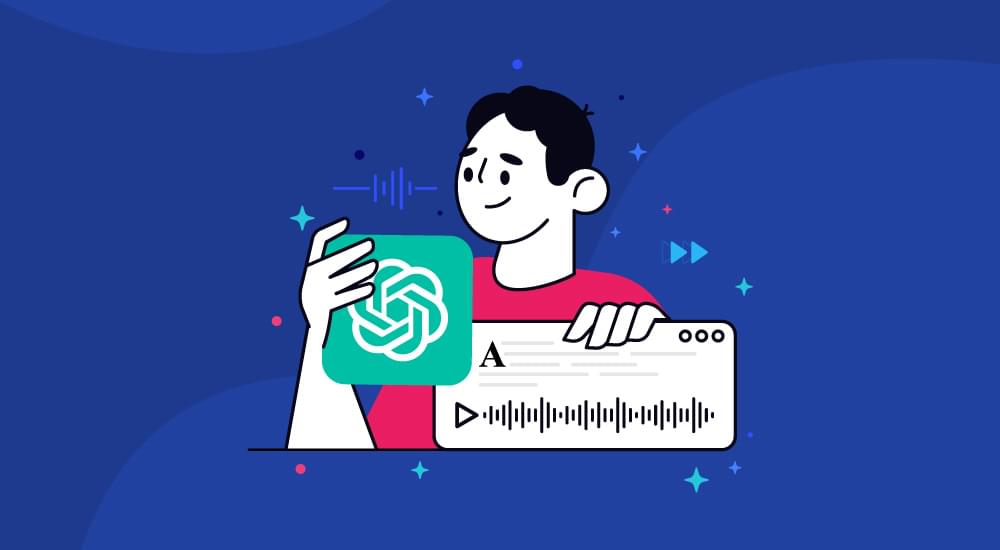text to speech tutorials
How Automatically Reading Text can Help People with Disabilities
We live in the world of technology; a world where everything is sped up, mechanized and electronic. Technology impacted our lives drastically; People used to use maps to track their roads, stayed home to receive phone calls, made flyers to contact each other, even waited for photos to be processed in order to save them, however, nowadays we have GPS systems designed in our cars that guide us anywhere we want to go, we have cellphones the size of a pocket that can take thousands or millions of pictures and store them immediately, social media platforms that connect networks of people from different spots in the world and the list can go on and on.
Professionals working in different areas, accompanied with the technological resources, invented tools that can help people pursue their lives a lot easier; one of them being text-to-speech softwares and systems that are now changing the educational, medical and even social field specifically for individuals with cognitive or learning disabilities.
So, throughout this blog, I’ll be tackling the importance of text-to-speech tools for people with cognitive and learning disabilities and how they can help illiterate individuals adapt with life.
Importance of Text-to-Speech Tools for Individuals with Cognitive/Learning Disabilities
Text-to-speech tools are becoming more demanded. They’re not just important for businesses in order to increase their website engagement and accessibility, but they are extremely important for institutions that support individuals, especially children, with cognitive/learning disabilities.
Cognitive disabilities such as Autism, Down syndrome, Traumatic brain injury (TBR), ADHD…etc. are referred to as “terms used when a person has certain limitations in mental functioning and in skills such as communication, self-help, and social skills”. Less drastic disabilities include the learning disabilities like dyslexia, dyspraxia, written language disorder…etc. People with learning disabilities find it harder to learn certain subjects or skills.
What is the role of text-to-speech tools for individuals, especially kids, with cognitive/learning disabilities?
To show its importance, I’ll discuss its relation with children who have ADHD/Dyslexia.
To start, ADHD stands for attention deficit hyperactivity disorder. It is a cognitive disability that impacts the child’s ability to focus (his attention), sit still, and activity. Kids with ADHD can either: have good attention with hyperactivity, lack of attention with normal activity or lack of attention and hyperactivity. They are highly impacted by sound effects. For example, if an ADHD kid was studying in a room that has a fan, their attention will go completely to the sound of the fan, that’s why while studying or doing any activity that requires focus, there shouldn’t be any distractions and they should take regular breaks to maintain and regain focus.
The most important matter to keep in mind while teaching a child with ADHD is that he/she cannot receive the information unless it’s repeated multiple times, and can only focus for a period of 20-45 minutes at once); here comes the role of text-to-speech tools. Since sounds is a way to stimulate their attention, text-to-speech tools can be the simulator for them to learn the required materials through sound rather than just reading or writing, which usually requires a lot of focus. In addition, using this tool can help make use of the time they can focus in (as mentioned earlier, is not more than 45 minutes at once), they can then take short breaks and start learning again. Finally, this method allow them to do other activities while listening to their lessons. In this way, they are releasing the energy that they have while still learning through sounds in the background.
As for dyslexia, it is a learning disability characterized by difficulty in reading despite of normal IQ levels. When reading, whether out loud or in silence, the letters might not make sense to the reader, thus he/she will face a problem with word recognition, their ability to read and write, and even more their self-image. To them, this problem can be embarrassing as it forms a barrier to acquire knowledge like any regular person. Text-to-Speech technology allows these individuals to listen to the written words via and audio format. This, not only enhances their ability of learning through having a visual and audio format of the words, but also plays a vital role in boasting their confidence, motivation and self-esteem.
Importance Text-to-Speech for Illiterate People
It is not news that not everybody is fortunate enough to have the opportunity of education. Some people might have been taken out of schools at a young age to go work to support their families, others might’ve been born to families and cultures that don’t care about schools and education…. Regardless of the reason, there is no denying that nowadays, if you don’t know how to write or read, you’re limiting your opportunities for an easier future. Eliminating illiteracy is a responsibility, not just on the illiterate person, but on the society as a whole. According to Maya Angelou: “elimination of illiteracy is as serious an issue to our history as the abolition of slavery”.
Fortunately, technology has given us the capability and resources to facilitate the reduction of illiteracy, one of them being text-to-speech tools. If an illiterate person is learning how to read or write alone or in a school or an institution, then such tools are crucial as they can help him/her with the understanding of proper sounds of letters, simple, and compound words, and even with grammar and proper sentences’ structures. Such tools read the written words, this means that the illiterate individual is learning how to speak and write with the proper accent and pronunciation.
WebsiteVoice is a text-to-speech tool that allows users to read the written materials in a customized voice in different languages. We designed this tool to be accessible not just by professionals and website owners, but also by individuals who like to listen to books, blogs… in the background while doing chores. Most importantly we designed this tool to facilitate the learning process for people with disabilities. It is important to make sure that everyone has a fair access to knowledge and can participate in all life activities, and WebsiteVoice contributes in assuring so.









